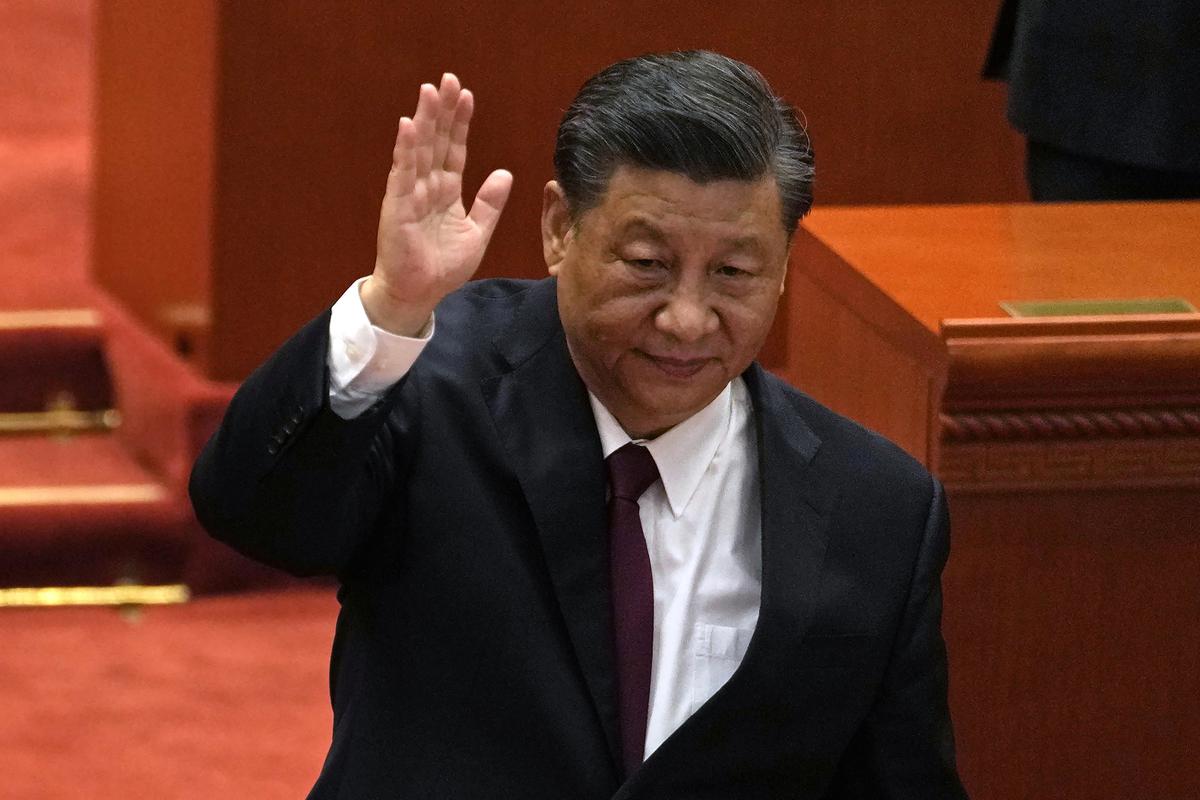
Xi Jinping's power in China grows after unforeseen rise to dominance
The Hindu
Xi is all but certain to be given a third five-year term as party leader at the end of a major party congress that opens on October 16, 2022
When Xi Jinping came to power in 2012, it wasn't clear what kind of leader he would be.
His low-key persona during a steady rise through the ranks of the long-ruling Communist Party gave no hint that he would evolve into one of modern China's most dominant leaders, or that he would put the economically and militarily ascendant country on a collision course with the US-led international order.
Mr. Xi is all but certain to be given a third five-year term as party leader at the end of a major party congress that opens Sunday — a break with an unofficial two-term limit that other recent leaders had followed. What's not clear is how long he will remain in power, and what that means for China and the world.
“I see Xi having his way at the 20th congress, mostly. It is a question of how much more powerful he will be coming out of it," said Steve Tsang, director of the China Institute at the London University School of Oriental and African Studies. "He is not coming out looking weaker.”
He has already amassed and centralized power over the past 10 years in ways that far surpass his immediate predecessors, Hu Jintao and Jiang Zemin, and even rival the Communist Party's two other dominating leaders — Mao Zedong, who led the country until his death in 1976, and Deng Xiaoping, who launched China in 1978 on its rise from poverty to become the world's second largest economy.
One of Mr. Xi's signature policies has been an anti-corruption campaign that has been popular with the public and conveniently enabled him to sideline potential rivals. A former justice minister and a former deputy public security minister received suspended death sentences last month.
The continuing anti-corruption campaign, Mr. Tsang said, shows that “anyone who stands in his way will be crushed”.





















 Run 3 Space | Play Space Running Game
Run 3 Space | Play Space Running Game Traffic Jam 3D | Online Racing Game
Traffic Jam 3D | Online Racing Game Duck Hunt | Play Old Classic Game
Duck Hunt | Play Old Classic Game











